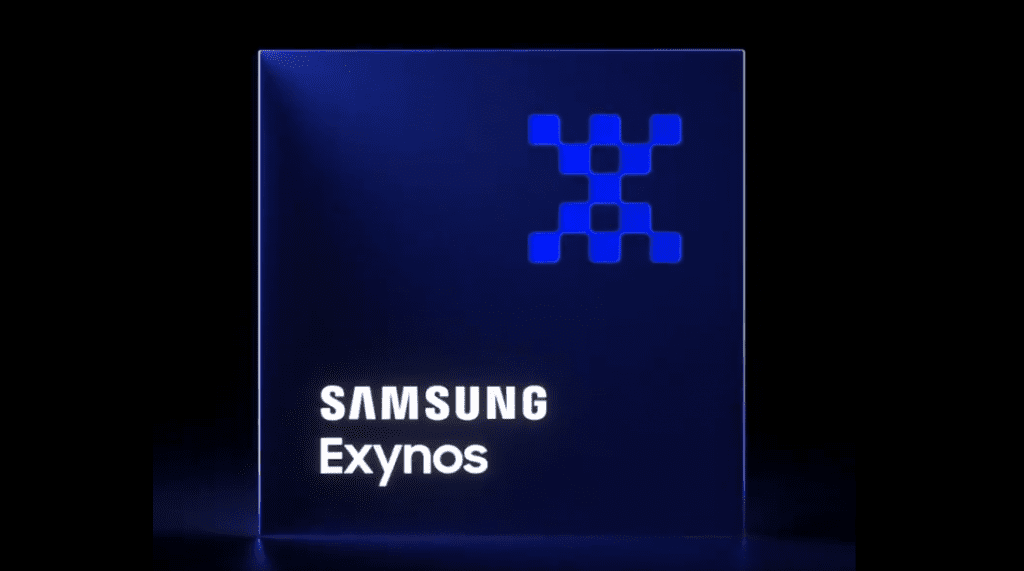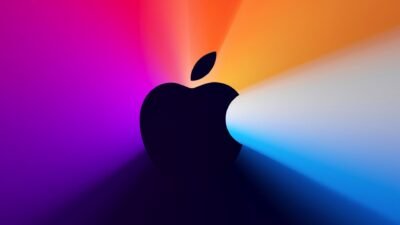Samsung Exynos Chip With AMD Graphics Surpass iPhone 12 Performance

Samsung’s new Exynos chips should prevail in the fight against competing ARM SoCs with the help of AMD’s RDNA-2 GPUs in smartphones. The first benchmarks have now appeared. The achieved graphics performance can leave that of the Apple iPhone 12 Pro behind for the first time.
Due to the constant further development of mobile games, augmented reality applications, and mobile photo and video processing, the graphics unit is becoming increasingly important in smartphones and tablets. That Samsung got AMD and its Radeon experience on board, for this reason, is no longer a secret since Computex 2020 at the latest. However, what the first attempts of the two partners will look like – until now.
The most well-informed leaker “Ice Universe” published the first benchmarks on Twitter, which should show the graphics performance of the new Exynos processor including AMD graphics. A screenshot of the well-known 3DMark Wild Life shows an overall result of 8134 points and an average frame rate of 50.3 FPS. In comparison, a current Apple iPhone 12 Pro Max with A14 Bionic chip should “only” achieve 7442 points and 40 FPS. The Samsung Galaxy S21 Ultra 5G is even further behind with 5130 points and 30 FPS.

Further Expansion
Depending on which value is compared, the additional GPU performance of the Samsung-AMD team is between 9.3 and 25 percent. For the first time, the possible Exynos 2200 would have the potential to power Android smartphones, which could put themselves ahead of Apple’s iPhones in terms of performance. It should be noted, however, that these are the first benchmarks of the chip based on the ARM Cortex-A77, which will later be replaced by Cortex-X2 and Cortex-A710 cores and which could call up even more performance.
It remains to be seen whether the Samsung Exynos 2200 can compete with the Apple A15 Bionic expected in autumn. The Apple M1, which is built into the iPad Pro and scored over 17,000 points in the same test, is still miles away.
Digital marketing enthusiast and industry professional in Digital technologies, Technology News, Mobile phones, software, gadgets with vast experience in the tech industry, I have a keen interest in technology, News breaking.











